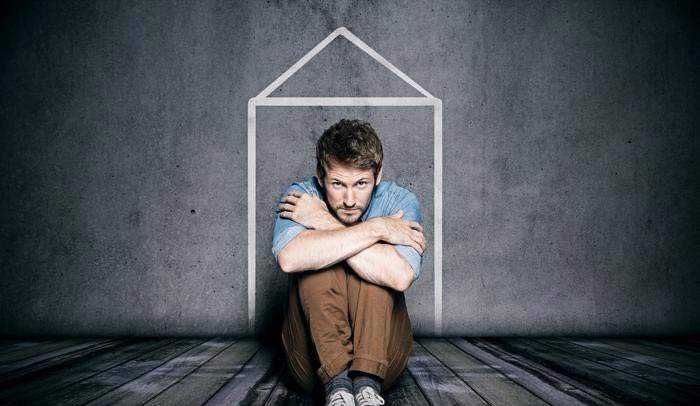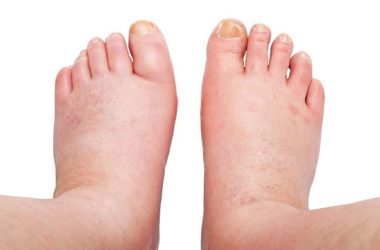It’s not uncommon for human beings to have fears. What’s not normal is having extreme or irrational fears, or what we know as phobias. Experts say that one of the most serious phobias on the planet is claustrophobia, which is characterized by an intense fear of being in an enclosed space, such as an elevator or airplane.
Claustrophobia is usually categorized as a form of anxiety disorder. It is very much likely for someone who has the said phobia to have panic attacks when exposed to situations he or she dreads tremendously. Dizziness, nausea, profuse sweating, chest tightness, increased heart rate — these can all be experienced when claustrophobia attacks.
The problem with having claustrophobia is it can keep a person who has it from having a normal life. For instance, he or she would rather take several flights of stairs rather than get inside an elevator. The individual may skip travelling if being on a plane causes all the symptoms of claustrophobia to strike.
According to experts, claustrophobia is not just about being afraid of something. They say that it can be due to classical conditioning as well as the size of the amygdala, an almond-shaped structure in the brain that is associated with experiencing emotions. To date, there is no guaranteed cure for this often debilitating problem.
If you have claustrophobia, fear not. That’s because it is very much possible to manage your condition through some all-natural solutions. Some of them involve seeing a professional while others can be done on your own. There are also remedies that involve dietary changes as well as herbal intake. Here are some of them:
Cognitive Behavioral Therapy
Known as CBT for short, this can help you change the way you think about and react to situations that you fear. Since CBT for someone who has claustrophobia usually entails gradual exposure to things that are dreaded, it is also sometimes referred to as desensitization. For instance, you may be asked to stay inside an elevator for several minutes.
Proper Breathing
When claustrophobia attacks, you may end up hyperventilating (breathing very quickly) and this can cause all the other symptoms of claustrophobia to occur, such as lightheadedness, confusion and chest tightness. Practicing proper breathing technique whether or not you are having a bout of claustrophobia can considerably help.
Reduction of Stress
Stress is something that can exacerbate your claustrophobia. When you are stressed out, it can be very easy for you to succumb to fear, thus causing the various symptoms of claustrophobia to leave you crippled. Meditating is very good at reducing stress. So is doing yoga, having a massage, writing in your journal or listening to soothing music.
Eat Magnesium-Rich Foods
Numerous studies have shown that a lot of people suffering from anxiety disorder, including claustrophobia, have lower levels of magnesium than normal. It’s for this reason why it’s a good idea to include more magnesium-rich foods in your everyday diet, such as oily fish, beans, nuts, whole grains, avocados, bananas, yogurt and dark chocolate.
Increase Vitamin B Intake
B vitamins are known to be important for energy production. Did you know that they are also vital for healthy nerves and brain cells? It’s exactly for this reason why supplementing with B vitamins is commonly recommended for those with anxiety disorder. Foods packed with B vitamins include beef, chicken, fish, eggs, dairy, beans and leafy greens.
Anti-Anxiety Herbs
Someone who has claustrophobia like you may benefit tremendously from the intake of herbs that are scientifically proven to be effective against anxiety disorder. One very popular herb taken by individuals with anxiety disorder and claustrophobia is St. John’s wort. Others swear by the effectiveness of the herb kava kava against their condition.












